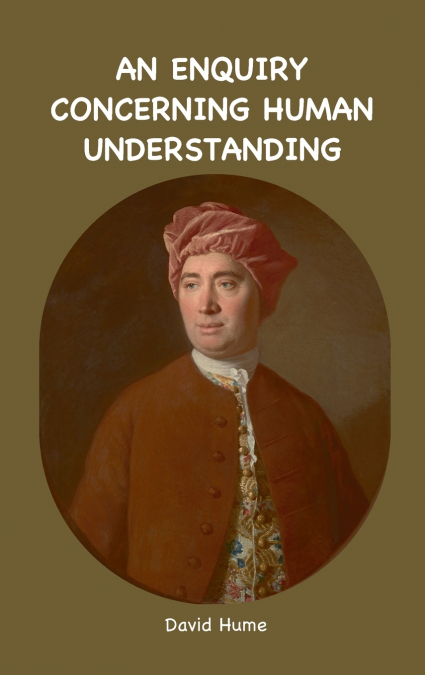
David Hume
Hume argued that mental habit and custom, not logic, can logically justify inductive reasoning and the belief in causation. We never genuinely see that one occurrence causes another; rather, we merely experience what is known as the 'constant conjunction' of events. This difficulty in induction indicates that to draw any causal conclusions from previous experience, one must assume that the future will be similar to the past. Since it is a metaphysical assumption, previous experience cannot anchor this metaphysical presupposition.According to Hume, humans do not have a real sense of self. Hume proposed that the self is nothing more than a collection of sensations we merely experience, linked by an association of ideas. Hume’s compatibilist view of free will assumes that human freedom is perfectly consistent with causal determinism. The historical period in which Hume wrote his philosophy of religion, which included his denial of miracles and the argument from design for God’s presence, found it particularly contentious.The legacy that Hume left behind had an impact on a wide range of areas and philosophers, including utilitarianism, logical positivism, the philosophy of science, early analytic philosophy, cognitive science, religion, and many others. Hume was the source of inspiration that Immanuel Kant attributed to waking him up from his 'dogmatic slumbers.'